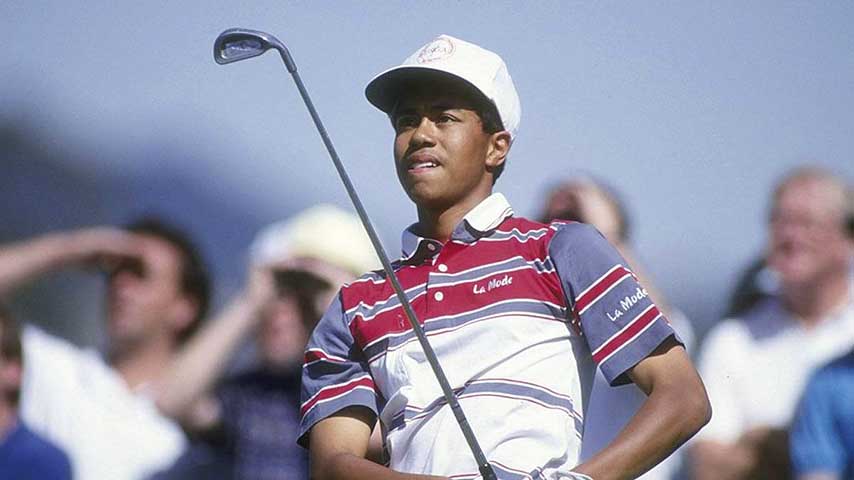Just about everyone was waiting with bated breath for Tiger Woods’ return to competition after 16 months away from tournament play due to injury. Finally the headline show would return, fans’ excitement levels would rise, and sponsors would be more inclined to invest liberal amounts of dollars to boost their visibility at the main tournaments. However, all these expectations and dreams evaporated quickly – too quickly.
He made his eagerly awaited return in December in the Hero World Challenge, finishing 15th (out of a final field of 17) and carding a second-round seven-under 65; he failed to make the cut in his second appearance, the Farmers Insurance Open in San Diego at the end of January; and, in his third event, the Dubai Desert Classic at the start of February, he retired after an opening 77, citing back problems. His doctors recommended extended rest. “This is not what I expected,” said Tiger. “I’m extremely disappointed.” His next return will depend on how his recovery proceeds and the results of medical tests. In the meantime, he has announced he is not ready to compete in the first major of the year, the US Masters from 6 to 9 April.
Twenty-Five Years on the US PGA Tour
Those times 25 years ago when a young Tiger entered the global golfing arena for his US Tour debut are a distant memory. On 2 February 1992, the lanky lad was just 16 years old and still an amateur when he teed up in the Nissan Open in Los Angeles. The youngest player to compete in a PGA Tour event, he opened with a 72 then carded a 75 on the second day to miss the cut at Riviera Country Club, in a tournament won by Davis Love III.
Tiger was a lean youngster who weighed 63 kilograms (20 fewer than now) and had to seek special permission from the tournament’s head commissioner to compete in the event.
“It was a moment that changed my life,” Tiger recalled 25 years later as he continued to endure a period that has not exactly been the sweetest of his career – one with 79 titles including 14 majors, the second highest total after Jack Nicklaus’s 18.
“It was a great learning experience for me,” said the former world number one. “I realised that I wasn’t all that good, that I had a long path ahead of me. At that level I wasn’t competitive. I was at a junior level, not professional, and the others were much better than me.”
That unforgettable experience, supervised the whole time by his father Earl Woods, was just the prelude to what would come next – the conversion of a young Tiger into one of the greatest golfers of all time.




